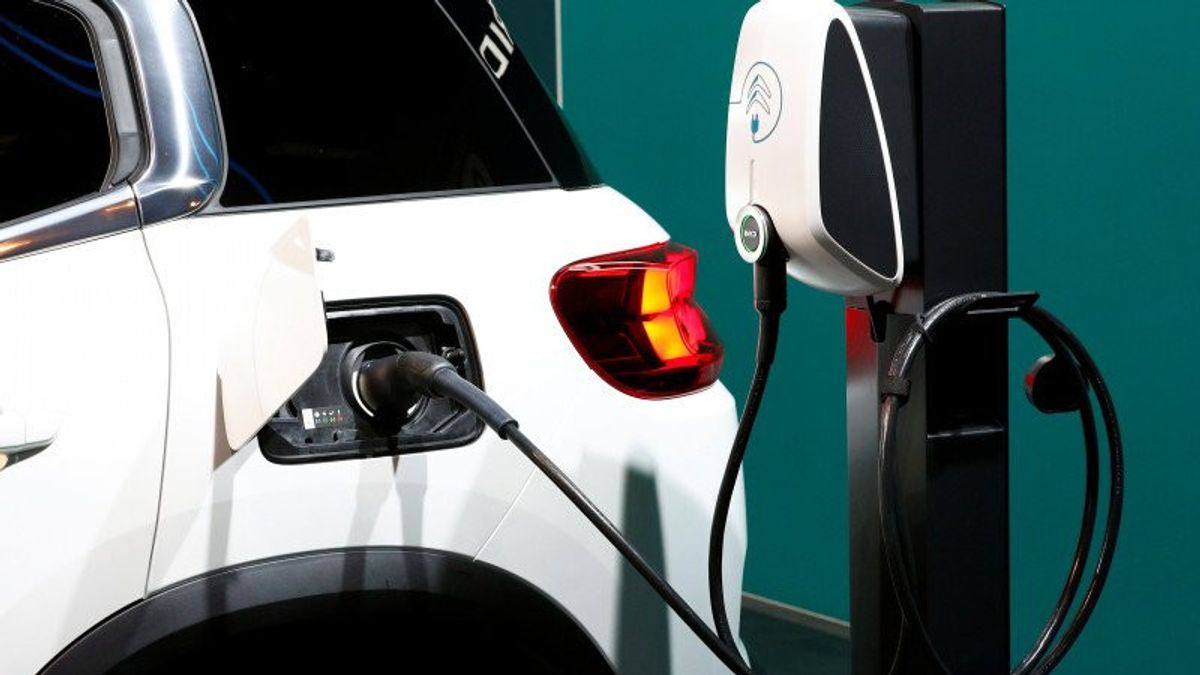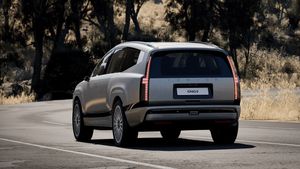JAKARTA - The government will announce the amount of incentives for electric vehicles in the form of motorbikes, cars, and buses, on March 20. This is because the policy is considered awaited by the public.
According to Center of Reform on Economics (Core) Economist Yusuf Rendy Manilet, this electric vehicle is claimed to have a more environmentally friendly capacity and is also more efficient in use when compared to conventional vehicles.
"So, I think the subsidy policy for electric vehicles to be launched on March 20 will be of interest, especially by groups of upper middle class people who want to replace their vehicles to electric vehicles or add to their collection of vehicles outside the conventional vehicles they currently have," Yusuf told VOI, Friday, March 10.
Moreover, Yusuf said, there is an opportunity that in the future electricity constraints will get government priorities, especially in the context of providing incentives.
"Why? Because we know that the government has made this electric vehicle an effort to reduce carbon emissions gas in order to meet the target of reducing emissions gas by 2030," he said.
That way, he continued, the use of electric vehicles will be increasingly in demand by the Indonesian people.
"Thus, of course, this will be another kind of factor that could drive sales of electric vehicles themselves in the next few years," he said.
Even so, Yusuf reminded the government to balance the policy with the provision of public transportation, so as not to add to the problem of congestion in the future.
"I think, in some cities why then many people use motor transportation, because public transportation is not well available and I think this needs to be a momentum for the government, not only encouraging the transformation of conventional vehicles to electric power, but also the transformation of widespread public transportation use by the public," he explained.
"Ideally, the government solves two problems at once, in this case, for example reducing carbon gas emissions and also congestion that occur in big cities," he concluded.
The English, Chinese, Japanese, Arabic, and French versions are automatically generated by the AI. So there may still be inaccuracies in translating, please always see Indonesian as our main language. (system supported by DigitalSiber.id)












